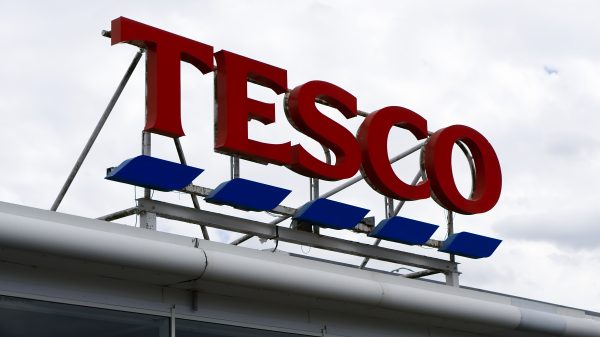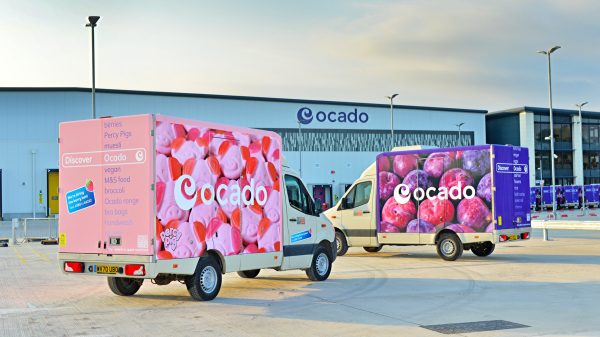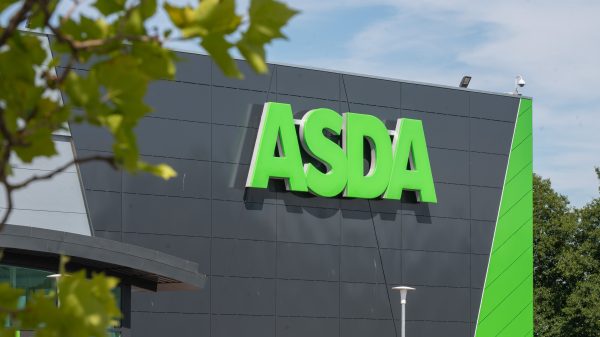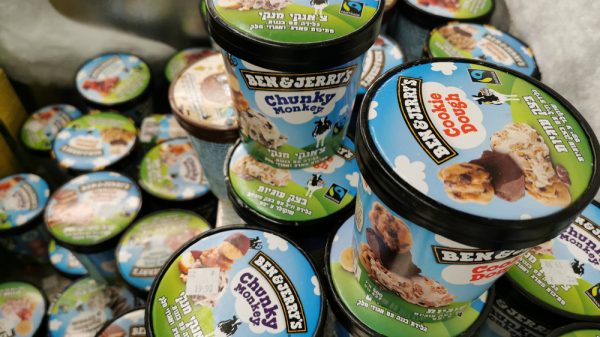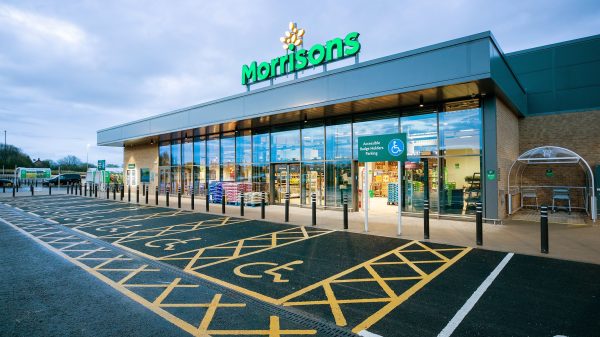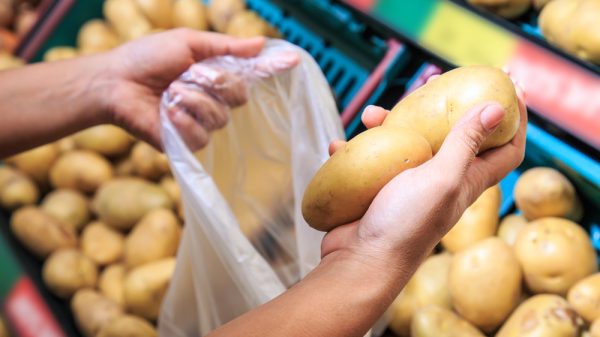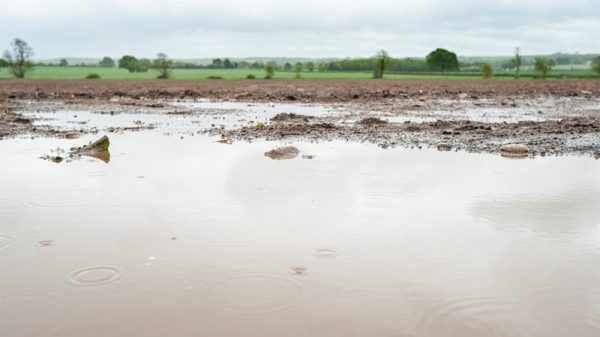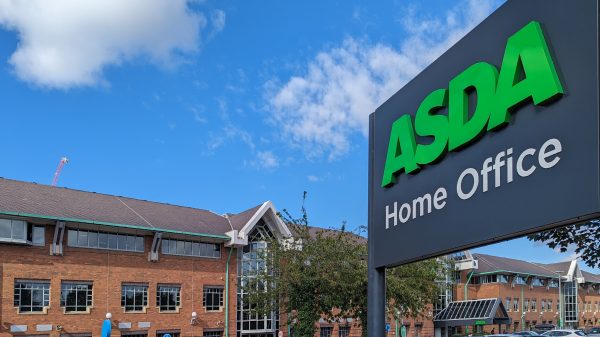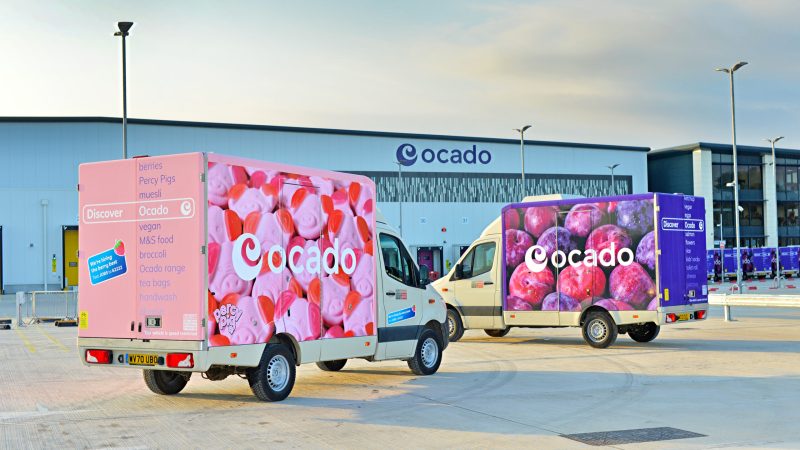The world of ethical farming has come a long way this year. From brands introducing plant-based meat, to cage-free poultry production alongside retailers introducing sustainable packaging, the industry has made great progress in how it operates through newly introduced strategies.
However, despite being faced with challenges such as the energy crisis and ongoing egg shortages, the farming industry has persevered in its relentless pursuit to provide fresh and ethically-sourced food for consumers.
We look back at some of the biggest environmental shifts and ethical farming developments from 2022.
Subscribe to Grocery Gazette for free
Sign up here to get the latest grocery and food news each morning
Ethical farming
Earlier this year, a YouGov poll revealed that 80% of British people were “strongly opposed” to factory farming, believing that those farming practices typically cause the animals to experience pain or suffering as a means of producing affordable food.
These included breeding chickens to grow 400% faster than natural, and keeping large volumes of animals inside large, crowded facilities for their entire lives.
In response to this, organisations started making global commitments towards cage-free production. In fact, according to a report by farming company Compassion in World Farming, more companies than ever made global pledges to change how they source their produce over the last year.
In the UK, 64% of eggs are now cage-free and the decline in caged eggs produced (down 35%) is accompanied by an increase of 59% in free-range production.
Supply chain
The egg farming industry was certainly in a bit of a rough patch this year. In November, it was reported that shoppers were to pay up to 50% more for eggs compared to the start of the year due to avian flu fueled shortages in the supply chain.
As a result, a number of major retailers were forced to raise the price of all their egg ranges and even put a limit on how many packs each customer could buy. On top of that, egg producers were blamed for spiralling costs while retailers took most of the profit.
Other major news in the supply chain was linked to global distribution problems due to the ongoing war in Ukraine.
According to surplus food redistribution network Fareshare, supermarket food donations dropped by 200 tonnes a month due to “crippling” global supply chain issues and ongoing pressures linked to the cost-of-living crisis. Retailers also had a tricky time navigating rising fuel prices due to inflation, labour shortages, and an energy crisis that showed no signs of slowing down.
Another infamous example was when Tesco shelves were stripped of Heinz products over the summer, after the FMCG giant paused supply to the retailer over ongoing price disputes amid difficulties in the supply chain. The conflict was resolved two weeks later however, which saw Heinz products return to Tesco shelves.
Food waste
According to climate action NGO WRAP – which monitors UK’s surplus food – Brexit and Covid contributed towards a 100,000-tonne surge in food waste in the UK this year. The UK’s exit from the EU and pandemic related pressures also caused the UK’s biggest companies to see a 60% increase in food waste, a report by Sodexo revealed.
It comes at a time when food poverty is higher than ever, with the Food Foundation disclosing that nearly 10 million people in the UK were struggling to afford to eat.
Because of this, Tesco and the Worldwide Fund for Nature (WWF) were calling on the government to act as research found that 3.3 million tonnes a year (more than six million meals) worth of edible food was going to waste on UK farms. As a result of the joint report, named Hidden Waste, an inquiry was launched into the impact of the energy crisis on the food and drink supply chain by a cross-party parliament group, with MPs saying it would look at ways to combat the threat of rising food costs.
The National Farmers Union (NFU) also warned that the UK is currently “sleepwalking” into a food supply crisis unless the government steps in to help farmers, saying that the soaring price of fuel, fertiliser and feed were putting farmers under severe pressure, despite the government saying that the UK has a “highly resilient food supply chain.” Food waste is also costing households up to £730 a year, WRAP discovered.
Sustainable packaging
With plastic packaging reportedly accounting for nearly 70% of the UK’s plastic waste, it was crucial that the grocery sector took responsibility in helping to reduce that this year. As a start, Tesco committed to replacing or removing some of the packaging it uses in its in-store bakeries, while Sainsbury’s removed single-use plastic lids from its own-brand product ranges of dips. Discounter Lidl and dairy company Müller also replaced their coloured milk caps with clear, fully recyclable alternatives.
However, with Aldi struggling to deliver on its sustainability commitment of making all own-label packaging recyclable by the end of 2022, the transition is taking longer than expected for some retailers – with some even contributing more plastic waste to the supply chain than previous years. For example, frozen food retailer Iceland reportedly put 159 million more items of plastic packaging on the UK market in 2021 than in 2019, according to its latest plastic footprint report.
Electric vehicles
In a groundbreaking move, Tesco became the first retailer in the UK to launch zero-emission electric lorries, with each vehicle replacing 30,000 diesel-fuelled road miles with clean green energy – representing a saving of 8,786 tonnes of CO2 each year. The UK’s largest retailer also expanded its electric vehicle charging network to 500 stores, and started to charge a set fee for using them as of last month as usage of the chargers surged by 300% over the past year.
Sainsbury’s also launched smart chargers for its electric refrigerated trailer, cutting as much as 20 tonnes of carbon emissions each year. With batteries keeping the chilled units running instead of diesel generators, the innovation has now been fully integrated into the supermarket’s fleet of lorries. Furthermore, Marks & Spencer and BP Pulse signed an exclusive agreement to bring an initial 900 high-speed electric vehicle (EV) charging points to M&S stores across the UK over the next two years.


